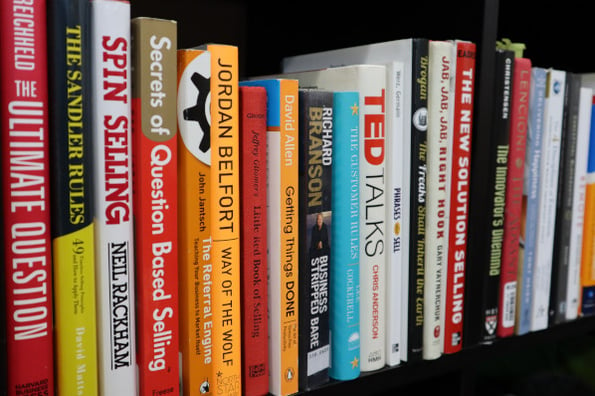By Irdina Adlan and Revda Selver
The number of books I used to read when I was younger was more than what I read now. Being a full-time student with many responsibilities entails that I will probably not have enough time to read books for leisure.Â
An important aspect of reading that we often forget nowadays is that reading requires a lot of time. Time is an asset to students whilst also a privilege. Time is what I had most in my childhood in which I spent most of it on reading and exploring the connections of one word with another.Â
I was trying to make sense of what some words meant by spending hours googling their definitions. But how could reading be an investment now that Im older? Or how much does reading contribute to oneself?Â
For starters, the significance of reading especially for students without an iota of doubt plays a role in how much it influences our imagination. Students are oftentimes busy reading class materials: textbooks, research papers, news articles and others. Sometimes leisure books provide just about the escapism we need. In fact, modern studies have shown that reading for pleasure improves students’ academic performance.
Pleasure reading does not only help students think critically and improve their reading comprehension skills in the classroom, but it will also enhance their skills transitioning into adulthood and in turn, into the workforce and society. Aside from the knowledge we get, reading essentially makes us grow to become inspiring individuals.Â
Take famous literary figures such as the characters from Harry Potter and Lord of the Rings for example. There are museums, theme parks and cafes built after the franchise. Some literary or fiction books give hope to students as they fill the inner void, they provide a glimpse of life they could have or a realm to escape to as the reality gets too stressful to bear.
On top of that, reading can strengthen our brain activity. Researchers have confirmed using an MRI scan that reading involves a complex network of signals in the brain. As our reading ability matures, these networks also get stronger and more sophisticated. Biologically speaking, it can help in slowing down cognitive decline, in decreasing the rate at which memory fades and in keeping your brain sharp. You can think of reading as a way to prevent Alzheimer’s.Â
There are several more advantages of reading that become evident as we explore the many facets of reading. Just as the body requires regular exercise to stay fit, and the brain requires regular exercise of reading to sustain its mental health.Â
Happy, sad, adventurous, or humorous – no matter what mood one is in -there is definitely a book out there for you. You just need to find the one that delights you on a boring day, makes you feel the intensity of the emotional rush at night, or maybe just a self-help book to better yourself. You just need to find it. ***
